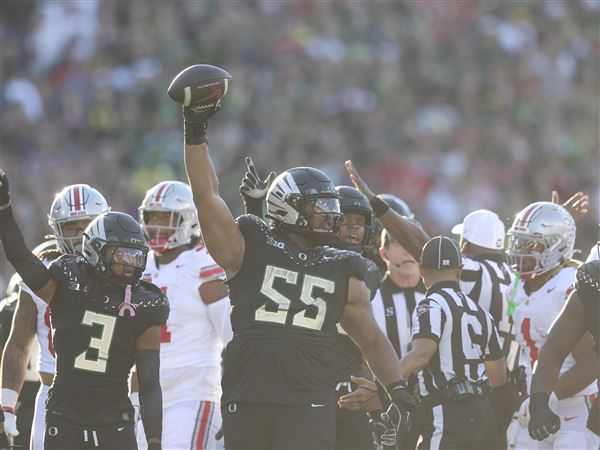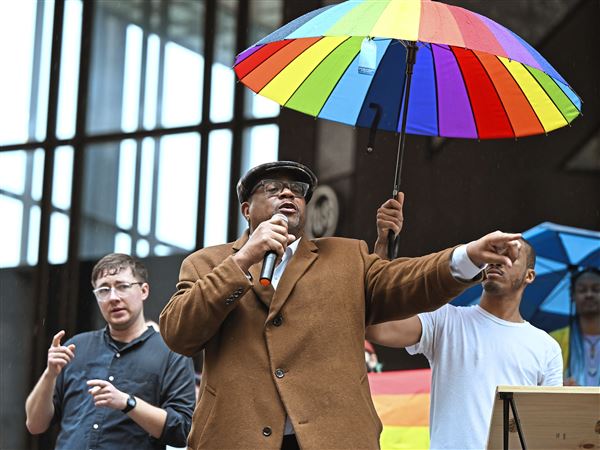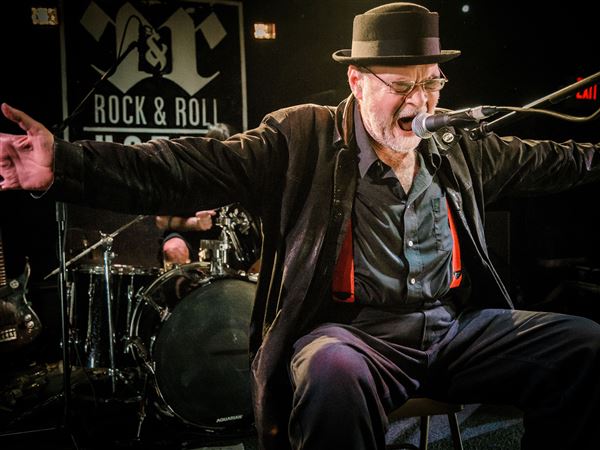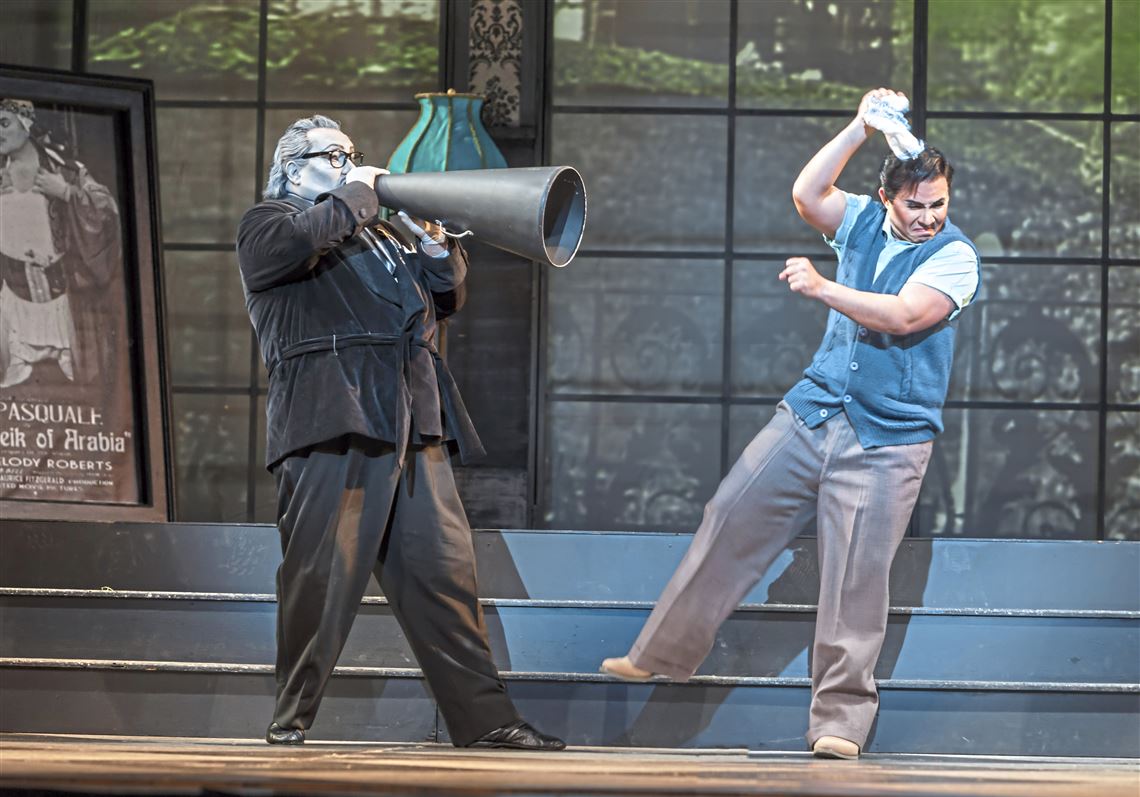There are some voices in opera that are so sublimely expressive that they stand out like a Michelangelo fresco in a black and white film. Pittsburgh Opera’s season finale production of Donizetti’s “Don Pasquale” features such a voice.
Soprano Lisette Oropesa, no stranger to the Benedum Center stage, was recently granted the prestigious Richard Tucker Award, granted annually to an American singer on the precipice of a dazzling career. Her performance on Saturday showcased impeccable clarity of tone and articulation coupled with exquisite lyricism.
No slight to the rest of the cast, who were generally excellent in “Pasquale.”
The opera pokes fun at an aging bachelor attempting to marry young to shortchange his inept nephew out of an inheritance. Directed by Chuck Hudson, this production takes place in the silent film era of Hollywood, casting Don Pasquale as a washed up actor and projecting clips and images of his former career on a screen during the overture.
Pasquale’s home is as devoid of color as his films, with makeup, costuming and lighting emphasizing the monochromatic nature of the opening sets. Color bleeds into his world — first slowly, and then in bursts as his bride-to-be appears. It’s an engaging narrative gambit. Credit is due to Peter Nolle (scenery), Kathleen Trott (costumes), Thomas C. Hase (lighting) James D. Geier (wigs and makeup) and Doug Provost (projections).
Pittsburgh regular Kevin Glavin returned to the Benedum as Don Pasquale, his comedic timing as the aged actor cemented after a decades-long career as a basso buffo. Mr. Glavin’s vocal work was deft and clean, although the orchestra overpowered his lower register at times. Tenor Javier Abreu faced a similar fate: his lyricism was superb — perhaps overwrought in some of the more melodramatic phrases — but his timbre didn’t always project clearly. Smaller standout roles included Ian Christiansen in a supernumerary role as Max the majordomo and baritone Tyler Zimmerman as a purported notary, each making hay with their physical comedy.
Baritone Joshua Hopkins as Dr. Malatesta was especially robust; his melodies rang with authority and grace. His third act duet with Mr. Glavin (the notorious patter song “Cheti, cheti immantinente,” immediately encored) and first act scene with Ms. Oropesa (“Vado, corro”) were musical highlights, with crisp ensemble work and riveting staging. Ms. Oropesa, for her part, was enchanting, moving swiftly from coquettish to incendiary as the plot to humble Pasquale coalesces. With her rising prestige confirmed by the Richard Tucker Award (other winners include Renee Fleming and Joyce DiDonato), Ms. Oropesa’s career is likely poised to blossom in the coming seasons.
American conductor Gary Thor Wedow maintained a sprightly pace throughout the evening, keeping a close connection between singers and the orchestra and coordinating the big ensemble numbers with precision. The orchestra sounded oddly treble-heavy, however. This unusual balance was most noticeable in big finale moments, which sounded thin compared to other productions.
On the whole, however, this version of “Don Pasquale” is quality work, a genuinely funny bit of opera and fine way to close the Pittsburgh Opera season.
This show repeats Tuesday at 7 p.m., Friday at 7:30 p.m. and Sunday at 3 p.m.; pittsburghopera.org or 412-456-6666.
Jeremy Reynolds: jreynolds@post-gazette.com or 412-263-1634; Twitter: @Reynolds_PG. Mr. Reynolds' work at the Post-Gazette is supported by a grant from the San Francisco Conservatory of Music, Getty Foundation and Rubin Institute.
First Published: April 28, 2019, 8:27 p.m.


















